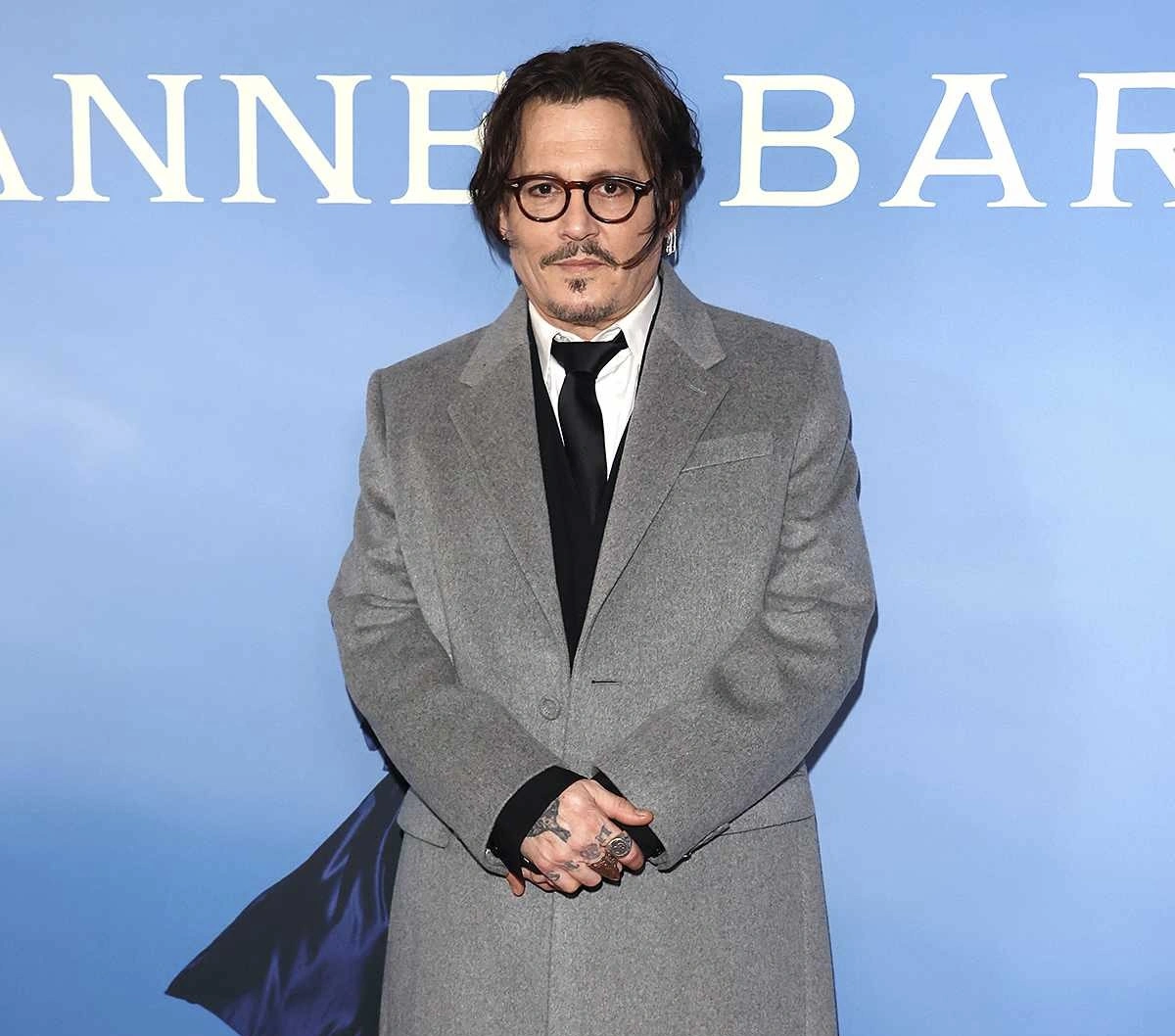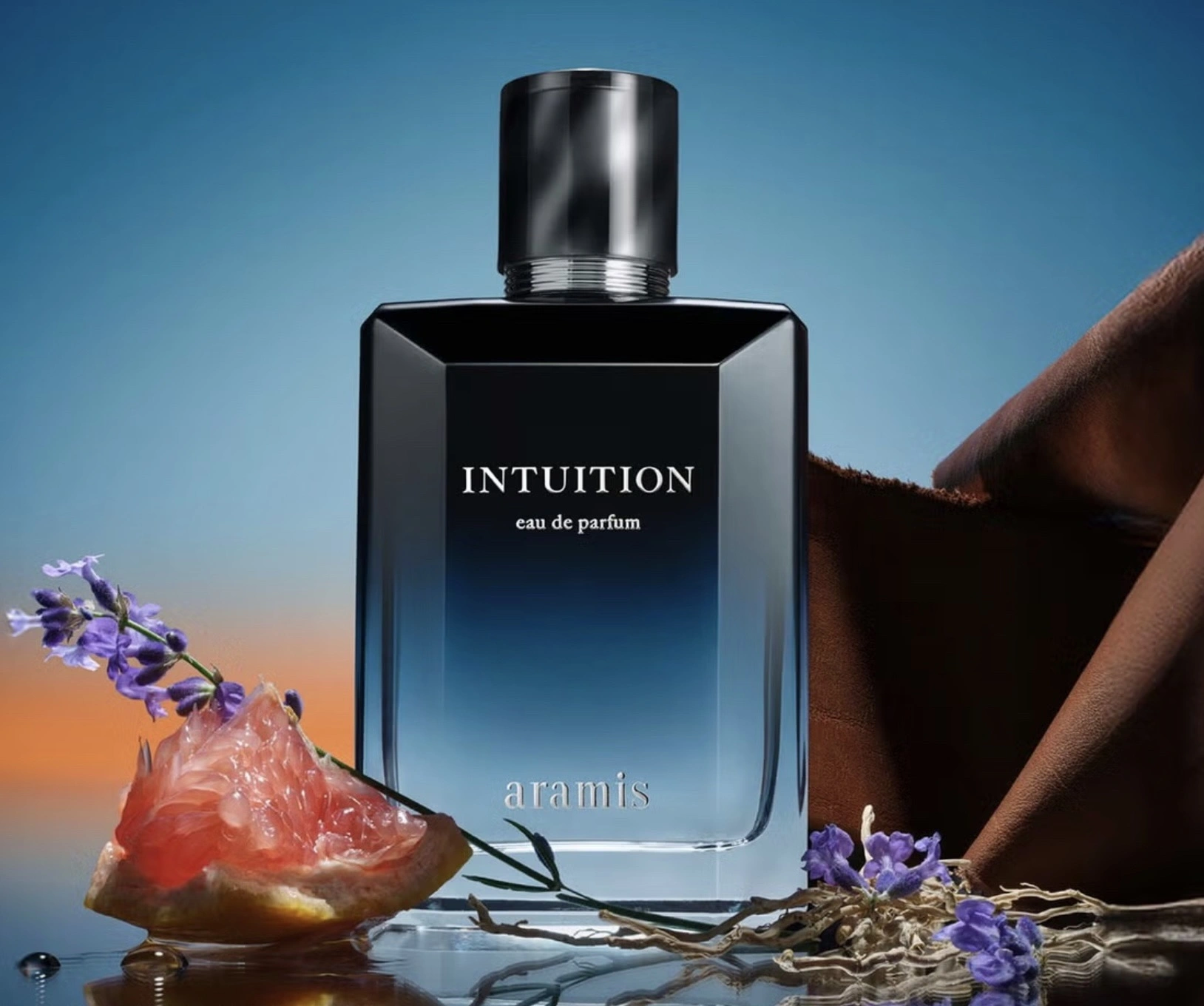For an actress as synonymous with commercial box office draw as Scarlett Johansson—who has wielded Marvel-grade influence, graced high-fashion campaigns, and shaped mainstream cinema for two decades—her decision to direct an indie drama titled Eleanor the Great seems, at first glance, quietly unstrategic. But perhaps that’s exactly the point.
In a recent interview, Johansson admitted candidly that “it would have been easier” to finance a subpar genre film—something sleek, stylized, and broadly consumable—than to push forward with a modest, emotionally charged character study led by 94-year-old June Squibb. And yet she chose the harder path. Eleanor the Great, which recently premiered to early acclaim, marks Johansson’s feature directorial debut. It is a defiant act—not only of creative authorship but of cinematic intention.
In doing so, Johansson becomes a rare outlier in an era when many actors-turned-directors debut with noir thrillers, prestige biopics, or exaggerated historical epics. Her decision to center a soft-spoken elderly protagonist rather than a bombastic antihero or meta narrative about the industry itself signals something more radical: a return to smallness. To earnestness. To what film, at its heart, still can be.
The Safe Bet That Wasn’t Taken
Hollywood is, by and large, a market of pre-approved appetites. Genre films—especially mid-budget horror, crime, and stylized action—continue to find easy routes to financing and distribution, particularly when a star like Johansson is attached. Add a layer of post-apocalyptic intrigue or AI-driven futurism, and funding arrives faster than scripts.
Johansson, arguably, could have had her pick. Her global cachet as both a Marvel mainstay and a two-time Academy Award nominee (for Marriage Story and Jojo Rabbit) would have given any studio enough confidence to greenlight a feature debut draped in commercially palatable stylings. But Johansson rejected the algorithmic roadmap. She didn’t opt for something sensational or genre-flexing. She chose something quiet.
Eleanor the Great, as its title subtly subverts, is not about conquest or crisis. It is about Eleanor Morgenstein, a 90-something woman in Boca Raton, Florida, who—after a lifetime of passive living—decides, rather absurdly and beautifully, to chase a childhood dream. Her dream? To perform onstage. Not out of ambition. Out of resolve.
The film, in early festival reviews, has been described as “restrained,” “tender,” and “unapologetically sentimental.” These are adjectives often mistaken for artistic weakness. But in the hands of Johansson—and a powerhouse lead performance by the formidable June Squibb—they become anchors of authenticity. They speak to the moral complexity of lives not usually seen, and stories not often told.
Directing as Self-Displacement
The trajectory of actors turning to directing often comes with a specific brand of self-aggrandizement. Whether it’s Ben Affleck turning crime sagas into Oscar vehicles or Bradley Cooper transforming himself into tortured genius roles, the transition is frequently marked by a desire to control narrative from in front of and behind the camera.
Not so for Johansson. Not only does she not star in Eleanor the Great, she doesn’t even appear. This isn’t a vanity project. It’s an act of self-displacement, a conscious reframing of power—not around her own image, but around a character like Eleanor, who exists beyond the demographic margins of Hollywood visibility.
In fact, Johansson’s directorial restraint is the film’s greatest strength. Instead of over-stylizing the visual grammar or leaning into indie cliches (quirky music cues, pastel palettes, slow-motion montage), she allows the camera to serve the characters. She’s clearly been watching, for decades, how great directors operate with actors. She brings that ethos into her own vision—not to impress, but to express.
The result is a film that feels earned, not manufactured. Lived-in, not labored over. In focusing on the granular gestures of Eleanor’s routine—the folding of linen, the hesitancy in signing up for a community theatre audition, the quiet rage that accompanies loneliness—Johansson shows that cinema, when trusted to breathe, can still enchant.
June Squibb: A Late-Life Star Recentered
To understand Eleanor the Great is to understand the magnetic force of June Squibb. Known for decades as a stage actress and then, more recently, as a scene-stealing presence in films like Nebraska, Squibb’s casting is itself a statement. This isn’t just representation—it’s restoration. A career veteran given narrative centrality, not as comic relief or tragic elder, but as a fully dimensional protagonist.
In an industry that notoriously marginalizes older women—pushing them into roles as grandmothers, busybodies, or moral foils—Squibb’s Eleanor is a miracle. She is allowed to be unsure, angry, inspired, difficult, ridiculous, and brave. She is allowed to take up space. In her hands, Eleanor doesn’t just come of age—she claims it.
Johansson’s direction seems to instinctively understand Squibb’s strengths: long silences, dry delivery, emotional opacity. The camera lingers just long enough to witness transformation without needing to editorialize it. There are no dramatic revelations, no tear-streaked monologues. Instead, what emerges is something more affecting: a long-overdue interiority granted to someone who, by all cinematic metrics, should have aged out of narrative centrality.
Hollywood’s Age Problem—and Johansson’s Antidote
The significance of Eleanor the Great is not just artistic. It’s political. Ageism remains one of the least addressed forms of exclusion in film, particularly when intersected with gender. Actresses, after a certain age, are shunted into irrelevance—or reinvent themselves with great difficulty in “mature” prestige television roles.
What Johansson has done here is flip the framing. She’s used her capital not to make another film about herself, her image, or her contemporaries, but to redistribute narrative power to someone who reflects a different horizon of experience. She’s challenged a structural assumption: that the stories worth financing are youth-driven, digitally forward, and conceptually slick.
Instead, she has offered a countermodel: a character-driven film about an older woman, made with minimal bombast, and populated with the quiet rhythms of real life. The financing of such a project—by Johansson’s own admission—was not easy. But its realization is a kind of blueprint: how to leverage celebrity clout without centering it. How to invest in small stories without reducing them to charity.
The Rejection of Formula
The critical reception to Eleanor the Great has been mostly warm, but not without caveats. Some have called it “minor,” “modest,” “too gentle.” But these critiques miss the point. In a market obsessed with reinvention, escalation, and high-concept delivery, Eleanor the Great is quietly radical because it is resistant to escalation.
There are no big third-act twists. No sudden revelations. The plot doesn’t pivot on trauma, nor is it redeemed by romance. What we get instead is a portrait of personal awakening—not as spectacle, but as slow tectonic shift. It asks the viewer to recalibrate their attention, to appreciate moments as they are, not as they might become.
This is not to say the film lacks artistry. Johansson’s visual style is subtle but precise—sunlight refracted through water glasses, the soft echo of voice in a community theatre rehearsal space, the texture of Florida humidity embedded in every frame. But the point is not to dazzle. It is to allow the viewer to notice again.
Directorial Vision or Future Detour?
Will Scarlett Johansson become a full-time director? Or is Eleanor the Great a one-off project, a pause between starring roles and studio meetings? It’s too early to say. But what’s clear is that this debut is not accidental. It is the product of years spent observing, absorbing, and deciding not to play safe.
What’s more impressive is that Johansson has done this without framing herself as an auteur savior. There’s no overstatement. No promotional campaign that paints her as the new torchbearer of indie integrity. She has allowed the work to speak, and the work—gentle, dignified, generous—resonates more deeply because of it.
The Power of Choosing Smallness
At a time when cinema often mistakes scale for substance, Eleanor the Great reminds us that the smallest stories can be the most seismic. That an elderly woman’s decision to take the stage for the first time can feel more urgent than the end of the world. That the defiance of formula—of ageism, of spectacle, of genre fatigue—requires not shouting, but choosing differently.
Scarlett Johansson, through her directorial debut, has chosen differently. Not for applause, but for purpose. And in doing so, she’s made a quiet film that leaves a loud echo.
No comments yet.








